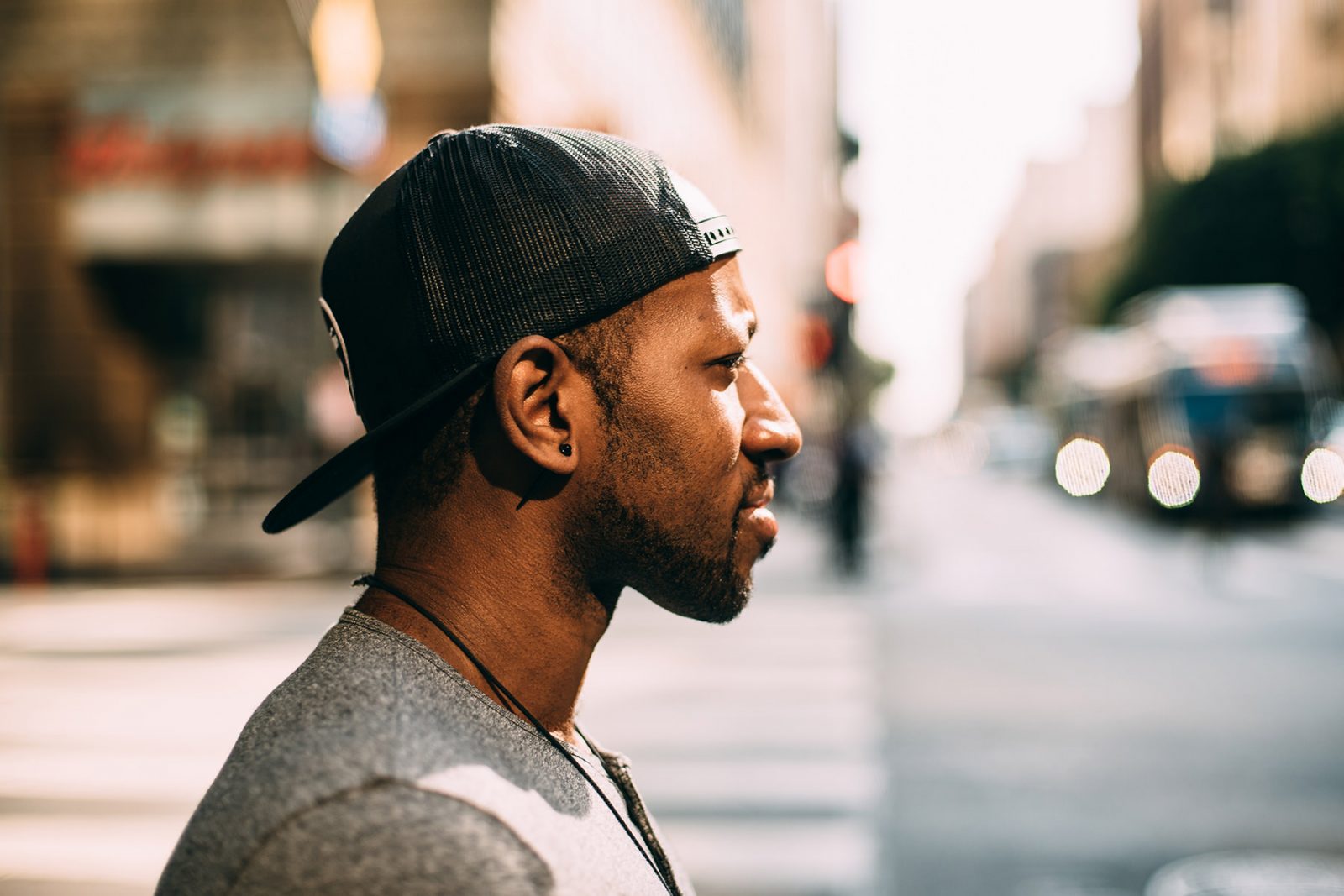Managing anger
It is normal to feel angry from time to time. However, how we respond to and express anger can cause a problem. Learn more about this human emotion and how to control anger using anger management techniques.
Read moreUnderstanding what trigger events make us angry – and why they affect us more some days than others – helps us to manage our emotions. Ever notice how the same situation that causes anger one day barely bothers you the next? Recognising these patterns can help you manage difficult situations.

Have you ever noticed how the same situation affects you differently depending on your day? A minor issue that rolls off your back one morning might feel deeply frustrating on another.
So why is this happening?
To better understand anger, it’s helpful to understand what causes it to happen: triggers and setting events. A trigger is something that happens immediately before you get angry. A trigger is essentially the event that prompts the anger. A setting event occurs earlier, sometimes hours or even days before. A setting event doesn’t cause anger, but it can make you more susceptible to getting angry.
“The difference between the responses to the same events are the setting events that come before it.”
Here are some examples:
Example 1
A lack of sleep could be a setting event. If you’re already tired, you might be more likely to become angry when faced with a minor frustration (the trigger) than if you were well-rested.
Example 2
You’re on the phone with a service provider about an account issue. After a good night’s sleep and a smooth morning, you find it easier to work through the problem systematically. But after a demanding day, you feel more impatient or irritable.
Example 3
While driving, getting cut off by another car can be a common trigger for anger. This immediate event can make you feel angry, but other times you might easily shrug it off. The setting events earlier in the day can affect how you react:
Any of the reasons above may make you more susceptible to anger when the driving trigger occurs. Alternatively, if you had a relaxing day, a good meal, and are well-rested, the same trigger (being cut off) might not bother you as much.
Understanding and identifying your triggers and setting events can help you better prepare for challenging situations and help you manage your responses more effectively.
Before entering a situation with a potential trigger event, such as a busy commute, an important meeting, or a difficult conversation, take a moment to check in with yourself. Have you had any setting events that could increase your risk of responding with anger? Consider:
“Knowing your setting and trigger events helps you prepare and respond more effectively to challenges.”
When you recognise your setting events may put you under increased pressure, you can consider these approaches:
By understanding how a setting event can affect an anger trigger event, you can better prepare for challenging situations. This awareness can help you feel less angry and agitated, benefiting your wellbeing and relationships.
If you have difficulty managing your anger, you can get professional support. You can contact your GP, who can refer you to specialist support, such as a psychologist. You can also call a free service such as MensLine Australia on 1300 78 99 78 to speak to a counsellor.
Managing your anger
Managing Anger and anger management techniques
The MensLine Australia Anger Management Toolkit has worksheets you can download to help you better manage your anger.
The MensLine Australia Communication Toolkit has worksheets you can download to assist you in developing your communication skills in your relationships.
The Renovate Your Relationship booklet for men has practical advice on how to do the maintenance work beforehand so your relationship does not reach a crisis point. The booklet was developed by Relationships Australia Victoria and MensLine Australia.
If you need to talk to someone, give one of our MensLine Australia counsellors a call on 1300 78 99 78 or click on the floating chat button on the right to access online counselling. We are here 24/7 and our service is free.
If it is an emergency, please call 000.
It is normal to feel angry from time to time. However, how we respond to and express anger can cause a problem. Learn more about this human emotion and how to control anger using anger management techniques.
Read more
Understanding what trigger events make us angry – and why they affect us more some days than others – helps us to manage our emotions. Ever notice how the same situation that causes anger one day barely bothers you the next? Recognising these patterns can help you manage difficult situations.
Read more
Everyone gets angry sometimes. It’s a normal human emotion. But what if you often feel angry or get really angry over small things? It’s helpful to understand why you’re feeling this way so you can learn to manage it better.
Read more
These MensLine Australia worksheets are designed to assist you in developing your personal skills to better manage your anger.
Read more